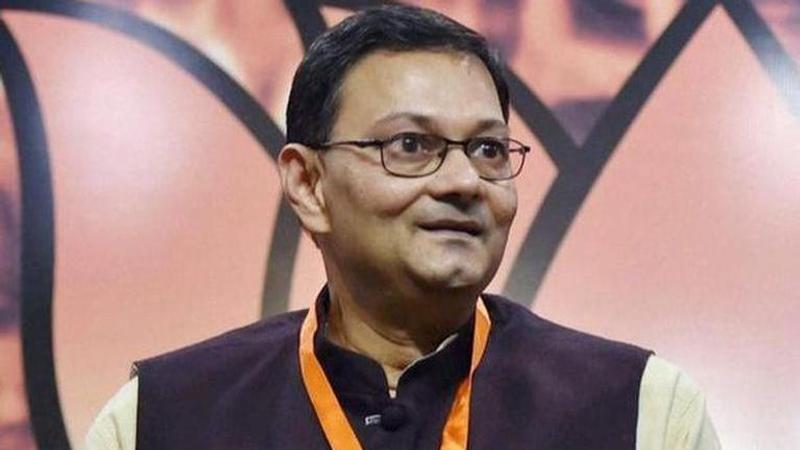Published 07:32 IST, December 27th 2019
Chandra Kumar Bose cites Syria, Saudi, Pak to justify inclusion of migrant Muslims in CAA
Chandra Kumar Bose, BJP vice president for West Bengal and grandnephew of Netaji Subhash Chandra Bose has opposed the exclusion of Muslims from the CAA

Chandra Kumar Bose, vice-president of the West Bengal unit and the grandnephew of Netaji Subhash Chandra Bose has opposed the exclusion of Muslims from the contentious Citizenship Amendment Act (CAA). The BJP leader took to Twitter and attached a link to his blog which expressed his views on the contentious Act. To justify his argument, he cited examples of countries such as Syria, Saudi Arabia and Pakistan where even Muslims face religious persecution despite being in the majority.
'Intrareligious persecution'
The vice-president of the West Bengal unit took to Twitter and stated, "The #CAA should have focused on how it reduces time taken to gain Indian citizenship from 11 years to 6 years. And Muslims should not have been excluded from the 3 countries from where we were accepting refugees. Under UNHRC, refugees seeking protection under religious persecution need to prove that before a court is what the NRC tribunals are for. Usually, religious persecution can’t be claimed if you are a majority religion in a country. But it is known that Shia and Sunnis persecute each other and this has to be included under a different category that takes intrareligious persecution into account. Look at Syria, Saudi and Pakistan where sectarian persecution is rampant. The UN needs to update its refugee convention."
On December 24 too, Bose had called for transparency and raised his voice against the CAA while stating that India is a country open to all religions and communities and asked why not Muslims. Bose's remark came even as BJP working president JP Nadda launched a massive public awareness campaign on social media and through its cadres to reach out to the Muslim community in order to dispel their doubts on the issue.
The Citizenship (Amendment) Act, 2019, grants citizenship to Hindus, Sikhs, Jains, Parsis, Buddhists and Christians fleeing religious persecution from Pakistan, Afghanistan and Bangladesh and came to India on or before December 31, 2014.
Updated 07:32 IST, December 27th 2019




